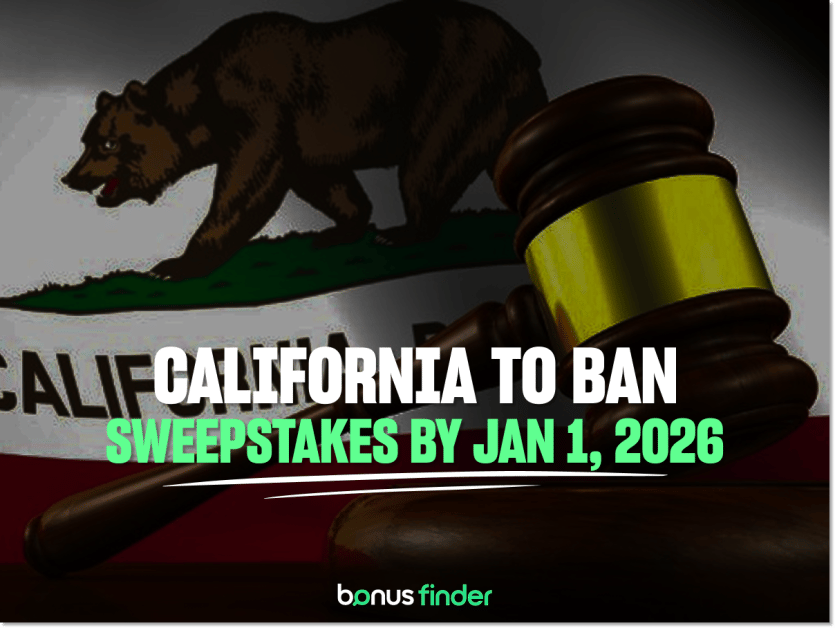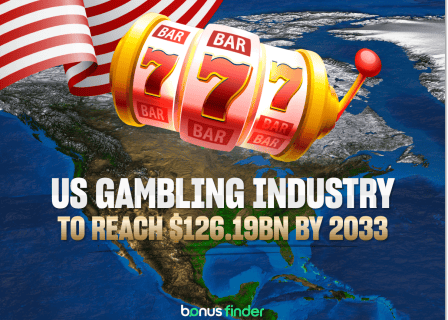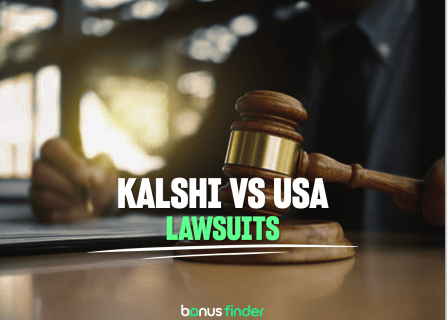California Governor Gavin Newsom has signed Assembly Bill 831 (AB 831) into law, approving a motion to outlaw certain types of online sweepstakes gaming, with online casinos still remaining illegal in the state.
Word of the bill’s ratification follows several months of legislative debate and opposition from pro-sweepstakes groups; many found fault in the controversial ‘gut-and-amend’ proposal, which underwent significant modification since its initial inception.
Yet, the measure enjoyed unanimous passage through the Assembly and Senate, showcasing clear support among legislative members.
Sweepstakes operators now have until January 1 to depart the California market – the date from which AB 831 enters the State’s official penal code.
What does California’s AB 831 prohibit?
Signed on October 11, AB 831 will prohibit select sweepstakes variants – with ‘social casinos’ being the bill’s primary target. Specifically, the law bans all dual-currency sweepstakes games on platforms that simulate gambling.
According to the new law, any internet-based product offering a monetary prize, or cash equivalent, in exchange for wagers placed on slots, table games, video poker, lotteries, bingo and sports betting falls under the ‘online sweepstakes’ umbrella. As such, operators providing those services are strictly banned from the start of 2026.
One crucial element separates AB 831 from anti-sweepstakes bills seen in other states: this proposal broadens liability to include payment processors, geolocation providers, media affiliates, financial institutions and game content suppliers who “knowingly and willfully” back sweepstakes operators.
This is especially pertinent for software developers following the Pragmatic Play’s exit from the US sweepstakes market. In September, the notorious software provider was named in a Los Angeles lawsuit as an “accomplice” to a “dangerous gambling environment” – culminating in its sudden exodus.
For content providers in California, the passing of AB 831 relinquishes the opportunity to make a similar decision. Teams must now withdraw from the Golden State by January 1 or face criminal charges.
Those who oppose this ruling and continue to offer online sweepstakes games may face fines worth up to $25,000, imprisonment for up to one year, or both.
Opposition requested unsuccessful AB 831 veto
The Social Gaming Leadership Alliance (SGLA), a prominent sweepstakes advocacy group, had hoped that Governor Newsom would veto AB 831 when it landed on his desk in early October.
SGLA Executive Director Jeff Duncan, and former US Congressman, admonished Newsom for taking an insular approach by signing the bill: “We hoped that Governor Newsom would see past the anti-competitive efforts of the powerful, well-funded tribes behind this bill and veto AB 831, but he chose the easy, short-sighted path and turned his back on choice, innovation and economic gains.”
Although the bill gained notable tribal support, some groups such as: Sherwood Valley Rancheria of Pomo Indians, Mechoopda Indian Tribe of Chico Rancheria, Kletsel Dehe Wintun Nation and Big Lagoon Rancheria opposed AB 831; contending that the shuttering of sweepstakes places smaller groups at an economic disadvantage compared to established tribal firms.
On the other side, backers of the Bill applauded Newsom’s decision to sign the Bill. Assembly Member Avelino Valencia celebrated that operators who were “exploiting a technicality” can no longer do so.
However, certain sweepstakes-adjacent services remain legal under California’s new ruling – as the state Lottery, non-profit organizations and limited-time for-profit entities may provide sweepstakes for marketing and entertainment.









